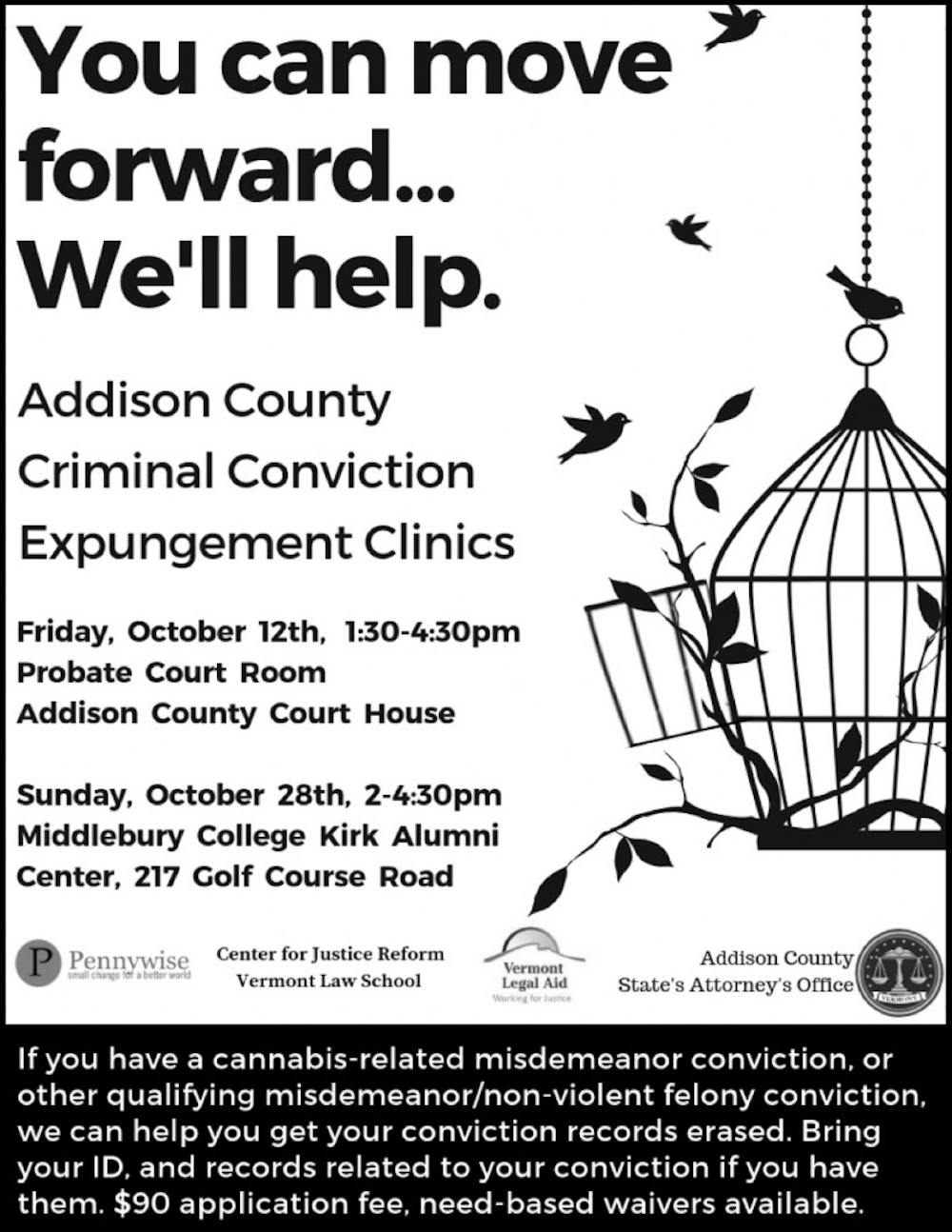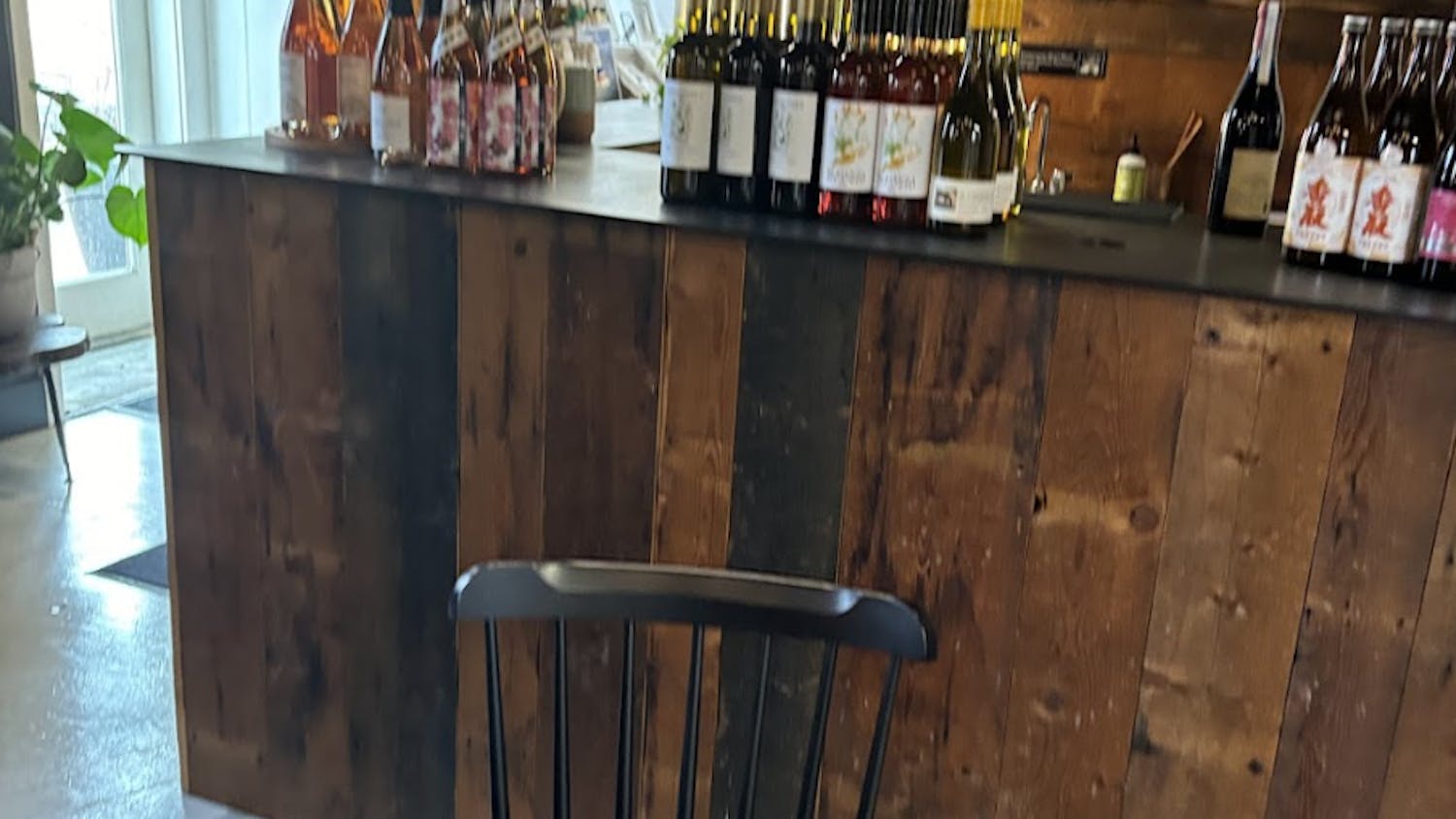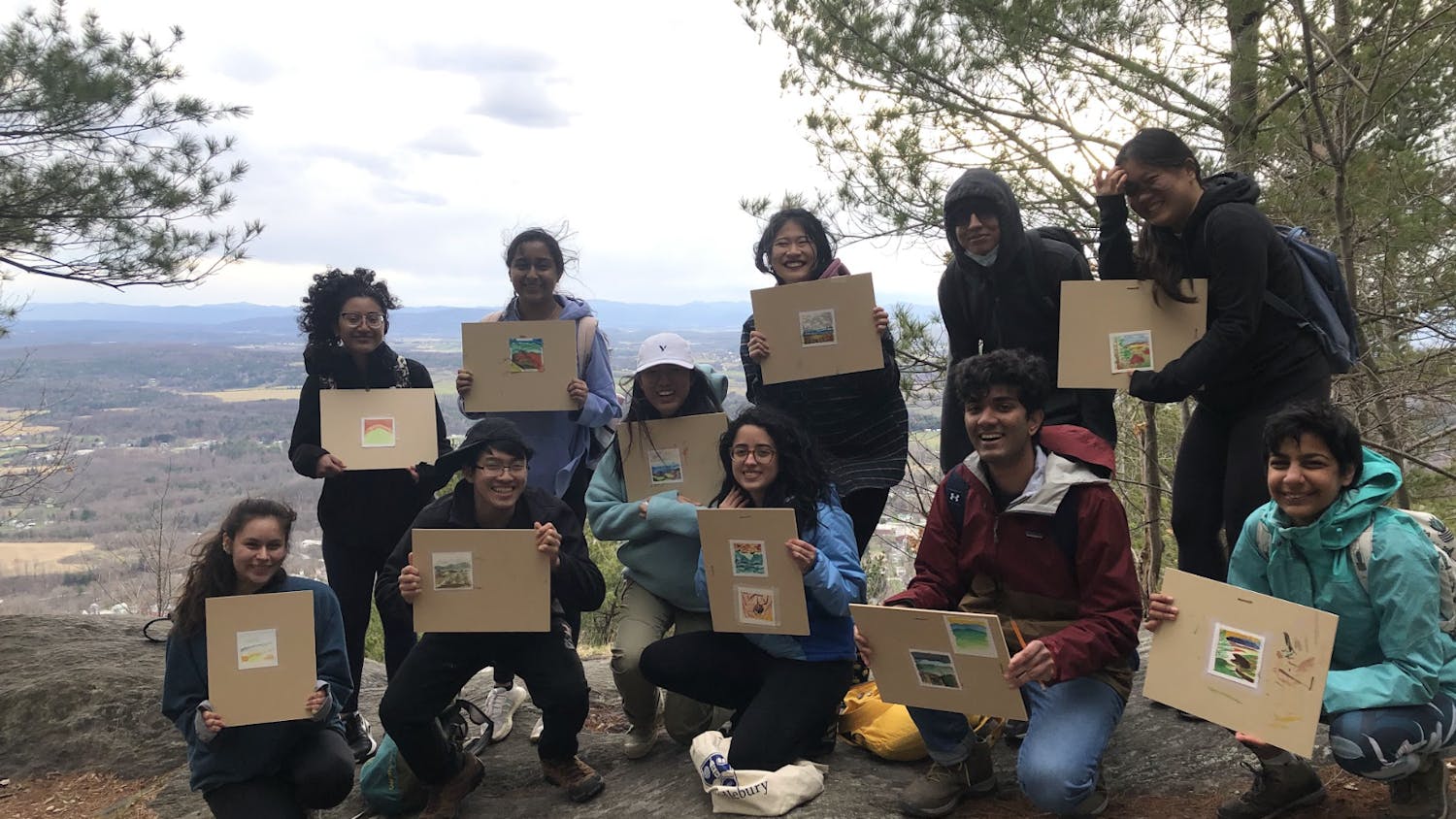MIDDLEBURY — The July passage of marijuana legalization in Vermont has had an impact on not only future use of the drug, but past offenses as well. Vermont State’s Attorneys Dennis Wygmans and David Cahill estimate there are now roughly 2,800 Vermont residents with expungeable cannabis convictions. In other words, residents who were previously convicted of a cannabis possession charge that is now allowed under new state laws can have these charges expunged.
David Cahill, Windsor County State’s Attorney, released this estimate earlier in the year, by tallying cases where charges could potentially be expunged due to the changing laws in annual state reports since 2008. Recently, Vermonters have begun to have their charges expunged due to the efforts of many local organizations and attorneys to help residents expunge their own cannabis misdemeanors, including those in Addison County.
Last month, State’s Attorney Dennis Wygmans teamed up with pro bono attorney Dave Silberman to do just this: organize and host expungement clinics to assist county residents in filing petitions to clear qualifying cannabis charges from their records. Silberman, a longtime drug reform citizen’s advocate, specifically designed these clinics for cannabis-related expungements.
[pullquote speaker="DAVE SILBERMAN " photo="" align="center" background="on" border="all" shadow="on"]Those of us who’ve been unfairly targeted in the past can finally clear our records and no longer have to worry about the lifetime of negative repercussions.[/pullquote]
“Vermont has already decided, as a state, that growing and using marijuana shouldn’t be a crime, and yet so many people continue to carry the burdens of their previous convictions,” said Silberman, in a press release sent out early last month. “By obtaining expungement, those of us who’ve been unfairly targeted in the past can finally clear our records and no longer have to worry about the lifetime of negative repercussions that past arrests continue to have on our job prospects, eligibility for federal benefits like student loans and our general standing in the community.”
Silberman told The Campus that organizing these clinics was fairly straightforward.
“We had to find volunteer attorneys from Vermont Legal Aid and Vermont Law School Center for Justice Reform and folks who actually know how to process expungements,” Silberman said. He held two Middlebury clinics in October, the first in the Frank Mahady Courthouse, and the second at the college’s Kirk Alumni Center. These events provided a start-to-finish expungement filing process, including free consultation from Vermont Legal Aid Volunteer Attorneys.
“A lot of people don’t know that expungement is available to them. Having a clinic raises awareness that this is an option,” Silberman said. While the expungement process can be done individually, Silberman and Wygmans understood why convicted residents may not undertake it on their own. Filing a petition can be difficult. “Even though the forms are relatively straightforward, a lot of folks are really uncomfortable with pro se representation (or self-representation) in the legal system,” he said.
There are financial barriers as well.
“If you had a criminal defense attorney for your previous conviction, sure you could go back to that person, but that attorney will say, ‘Okay, that’s an hour and a half of my time, and that will be $350,’” Silberman said. “Here, we have pro bono attorneys doing this at no fee.”
Residents need to pay $90 to file for an expungement petition, Silberman said. In an effort to address this, the executive director of the PennyWise foundation, Laura Subin, offered fee scholarships at the clinics for qualifying residents.
“Current requirements that individuals file a petition and pay the courts a $90 fee are huge barriers to some, hurting most those who have the least,” said Subin. “PennyWise is proud to stand up and say ‘This is wrong,’ and we hope to be involved in legislative advocacy that will make expungement of eligible crimes happen automatically and for free.”
Relieving financial barriers might increase the clinics’ success rates. “We had folks here fifteen minutes before we even opened,” Silberman said. At the first round of expungements at Frank Mahady Courthouse, Wygmans says 20 county residents attended and at least 12 were able to file for expungement. The documents were sent to the courts for approval.
Saturday’s clinic felt similar. Silberman greeted attendees at the door of Kirk Alumni Center on the edge of Middlebury’s campus. Residents signed in and then discussed their potential filing with members of Vermont Legal Aid. Wygmans was present, as well as Middlebury student volunteers from the college’s Pre-Law Association.
Other Vermont counties have offered similar expungement events in the past six months. Cahill is another leader in cannabis misdemeanor rollback efforts.
“Props are due to Dennis Wygmans,” Cahill said, commenting on the continuing efforts from the Addison County State’s Attorney office to hold expungement events. “The key is to repeat these clinics.”
Cahill explained that Windsor County has hosted driver’s license suspension and cannabis misdemeanor expungement clinics, and hopes to hold other drug related expungement events in the future. In fact, Middlebury’s expungement clinics, although focused on relieving cannabis charges, welcomed residents with “any and all” qualifying charges for expungement. Vermont Legal Aid’s website says the qualifying offenses are four specific felony charges including almost all misdemeanors as well as “Felony Burglary (not in a home), Grand Larceny, Prescription Fraud and Criminal Mischief.”
Silberman described his motivations in simple terms. “The plain fact of the matter is that cannabis prohibition has and is a tool of racial oppression. It is not just good enough to end it; we have to reverse it,” he said. “There is a historical wrong here that needs to be corrected, and these expungement clinics are a small step in correcting that wrong.”
State’s Attorney Hosts Expungement Clinics for County Residents

PRESS RELEASE PHOTO
A flyer for the Addison County Expungement Clinics.
A flyer for the Addison County Expungement Clinics.
Comments



